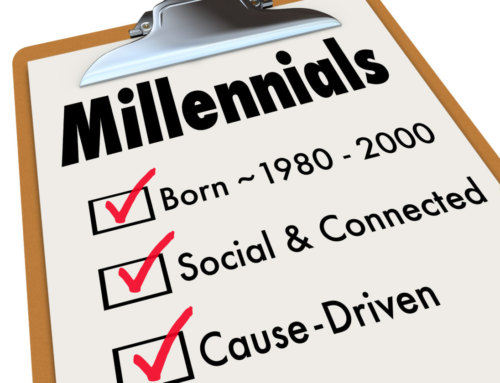Estate planning is not high on the list of priorities for Millennials for one reason or another. Being a Millennial myself, I have personally had these conversations with friends. Typically, I get responses like “I’m buried in debt and don’t have anything to plan for anyway” or “Nothing’s going to happen to me, and I’m healthy, so I don’t need to worry about that until I’m in my 40s or 50s.” The reality, however, is that everyone needs estate planning services regardless of their age, wealth, or marital status. Here are five brief reasons why Millennials need even the most basic of an estate plan:
- Yes, You Have an Estate, and You Need to Manage It
Probably the most well-known function of an estate plan is to manage your estate to distribute your assets and property. Your estate includes your bank accounts, retirement accounts, investments, real estate, vehicle, electronics, jewelry, and other personal property. Although you may not necessarily have everything listed, while you have the control to do so, you should nevertheless outline the beneficiaries for the property you do have through the use of either a will or trust.
- Make Your Advance Medical Directives Known
Beyond planning for the distribution of your property and assets, an estate plan provides you with the means to make your medical wishes and directives known. Through the use of a health care proxy and living will, you can name a proxy to make health care decisions on your behalf when you are unable to do so, even if only temporarily. Through the living will, you can outline your wishes for those difficult end of life scenarios.
- Prepare For Incapacity (Even if Temporary)
Incapacity is not something that solely affects the elderly. In the event that you become incapacitated and/or unable to make financial decisions, you need to name an Agent (or Attorney in Fact) through a Durable Power of Attorney, to manage your finances and other affairs. You can grant authority for an agent to have access to bank accounts, authority to pay bills, authority to buy/sell/lease real estate, bring lawsuits on your behalf, among numerous other things.
- Ensure That What You Want to Happen, Will Happen
If you pass away without any estate planning documents, that is called dying “intestate.” Each state handles intestacy slightly differently, but ultimately, the one commonality between them is that it is a long, expensive, complicated process, and the result isn’t exactly what a person wants to happen. Every person and family dynamic is different, but if you want or expect something to go to someone specific, like a spouse, or fiancé, or boyfriend/girlfriend, you need to specifically state it, because otherwise, the state will make the decision for you.
- Save Your Family and Loved-Ones Stress, Time, and Money
Dying intestate (without any estate planning documents), or not naming a health care proxy and having any end of life medical directives, can lead to your loved ones spending significant time and money fighting amongst each other over who gets what, or who is going to make a difficult medical decision. The court will undoubtedly be involved to either go through the probate procedure, or to make a decision on who the judge thinks is best to handle your affairs, and the judge may even make a medical decision.
By taking the time to speak with a qualified estate planning attorney, you can avoid the “drama” by providing your family and loved ones with guidance and certainty, and allow them to grieve and heal.
For a more detailed explanation of estate planning geared specifically for Millennials, please read Estate Planning for Millennials, By Millennials. To learn about how to plan for any of your digital assets, including whether you really own your iTunes collection, check out Estate Planning in the Digital Age.
For a personalized review of your current estate, contact a qualified attorney at PK Boston to discuss estate planning options, and determine what plan will be best for you and your family.





